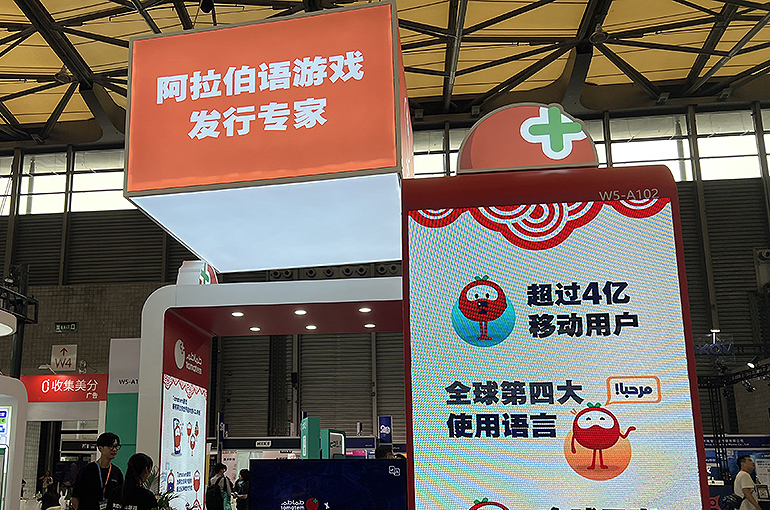 China’s Game Developers Face Tougher Competition, Higher Costs and Risks in Overseas Markets
China’s Game Developers Face Tougher Competition, Higher Costs and Risks in Overseas Markets(Yicai) Aug. 7 -- The competitive landscape for Chinese video game developers abroad is becoming harsher as margins are squeezed amid rising marketing costs, forcing them to make smarter investments.
Gaming company owners say overseas costs are at a record high and if business is bad, they will lose money, Fan Yaoming, deputy general manager of Beijing-based Sincetimes Network, said on a recent online talk show.
Six or seven years ago, Sincetimes made a game for less than CNY10 million (USD1.4 million) that generated worldwide revenue of CNY4 billion (USD560 million). But last year, a game that made CNY500 million (USD70 million) cost CNY100 million (USD14 million) to develop and CNY200 million to CNY300 million to market, resulting in a much narrower profit margin, he said.
Still, more intense competition will occasion more high-quality products, according to Xue Jian, China chief executive of data analysis firm Data.Ai.
Big Chinese game developers such as Tencent Holdings, NetEase, and 37 Interactive Entertainment have been expanding their overseas business in recent years, as the domestic market is becoming saturated and the number of new releases is controlled by regulators.
Tencent’s overseas sales make up around 30 percent of its total game revenue and the Shenzhen-based company has been expanding its overseas presence through investments and acquisitions in the past two years.
NetEase aims to have its overseas business account for 40 or even 50 percent of its total incomes from video games, Chief Executive Ding Lei has said. In the first quarter of last year, the share was still about 10 percent.
Overseas Income Slide
But Chinese game developers saw their foreign earnings slide last year for the first time since 2018, falling 4 percent to USD17.3 billion, according to data from the China Audio-Video and Digital Publishing Association. The pace of decline quickened in the first half of this year, down almost 9 percent to USD8.2 billion from a year ago.
Tougher competition is making Chinese executives more vigilant. Chief executives, not just vice presidents as previously, now keep a daily eye on gaming data to understand growth points and decide on investments, according to Xue from Data.Ai.
Game developers are also paying more attention to the efficiency of advertising, said Cheng Xiaojing, head of marketing communications at Beijing-based Mobvista, helps Chinese businesses go abroad.
“Because there is not so much money, developers are more inclined to invest based on results.” Cheng said. “They need to know how healthy their products are through more data on advertising to assess which channels and products are worth their investment and which ones they might give up on.”
There is another positive aspect of the changing landscape. The growing need for localization is giving rise to new types of businesses. For example, during the latest China Digital Entertainment Expo and Conference, also known as ChinaJoy, Chinese gaming companies could find companies that can provide them with publishing services in the United Arab Emirates.
Editor: Emmi Laine